What we learned from football in 2015
As 2015 draws to a close, it's time to reflect on another year in which football educated the masses in more than just the beautiful game itself.
The corruption scandal engulfing FIFA taught us that football's governing body isn't above the law, the Copa America educated us on overcoming adversity, the attacks on Paris demonstrated the power of football, Jose Mourinho served as proof that even the planet's top managers aren't perfect, and the Club World Cup reminded us of the disparity that exists between European club football and South American club football.
Here's what we learned from football in 2015:
FIFA isn't above the law
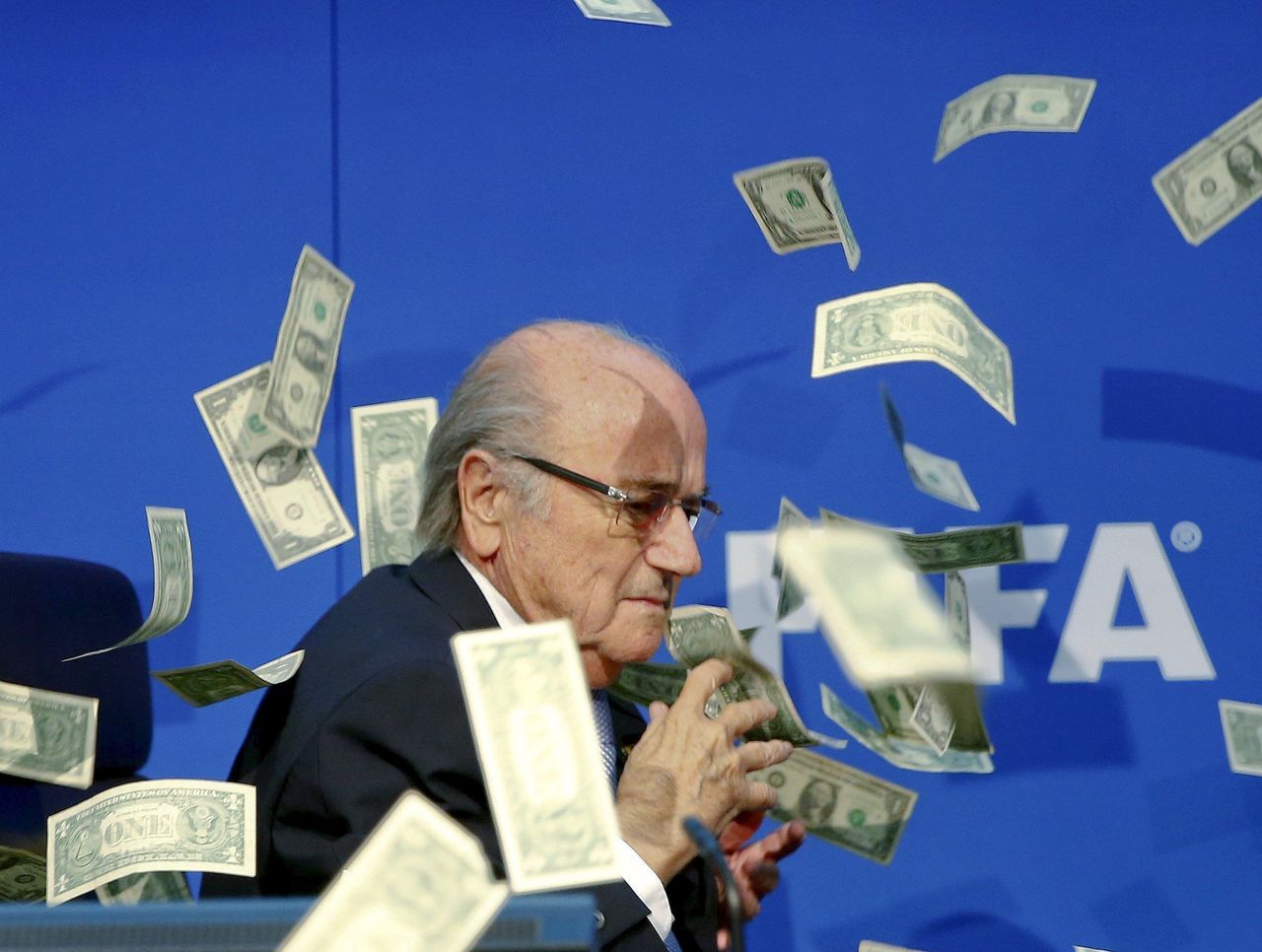
At long last, someone decided to do something about FIFA's blatant disregard for fair play.
What started as a police operation in Zurich, Switzerland, where several top FIFA officials were arrested on corruption charges in May, quickly turned into one of the biggest sports-related stories of the year, as the U.S. Department of Justice and Swiss authorities combined efforts to clean up football's governing body.
As a result of the investigation into FIFA, Sepp Blatter is no longer its kingpin and faces an eight-year ban from all football-related activities, while Michel Platini is unable to run for its presidency as he also faces an eight-year ban from all football-related activities. A total of 41 individuals and entities have been arrested on charges of racketeering conspiracy and corruption, among other offenses, and an election is scheduled for February with hopes of a leader emerging whose hands are clean.
Enough was enough.
Chile possesses a golden generation
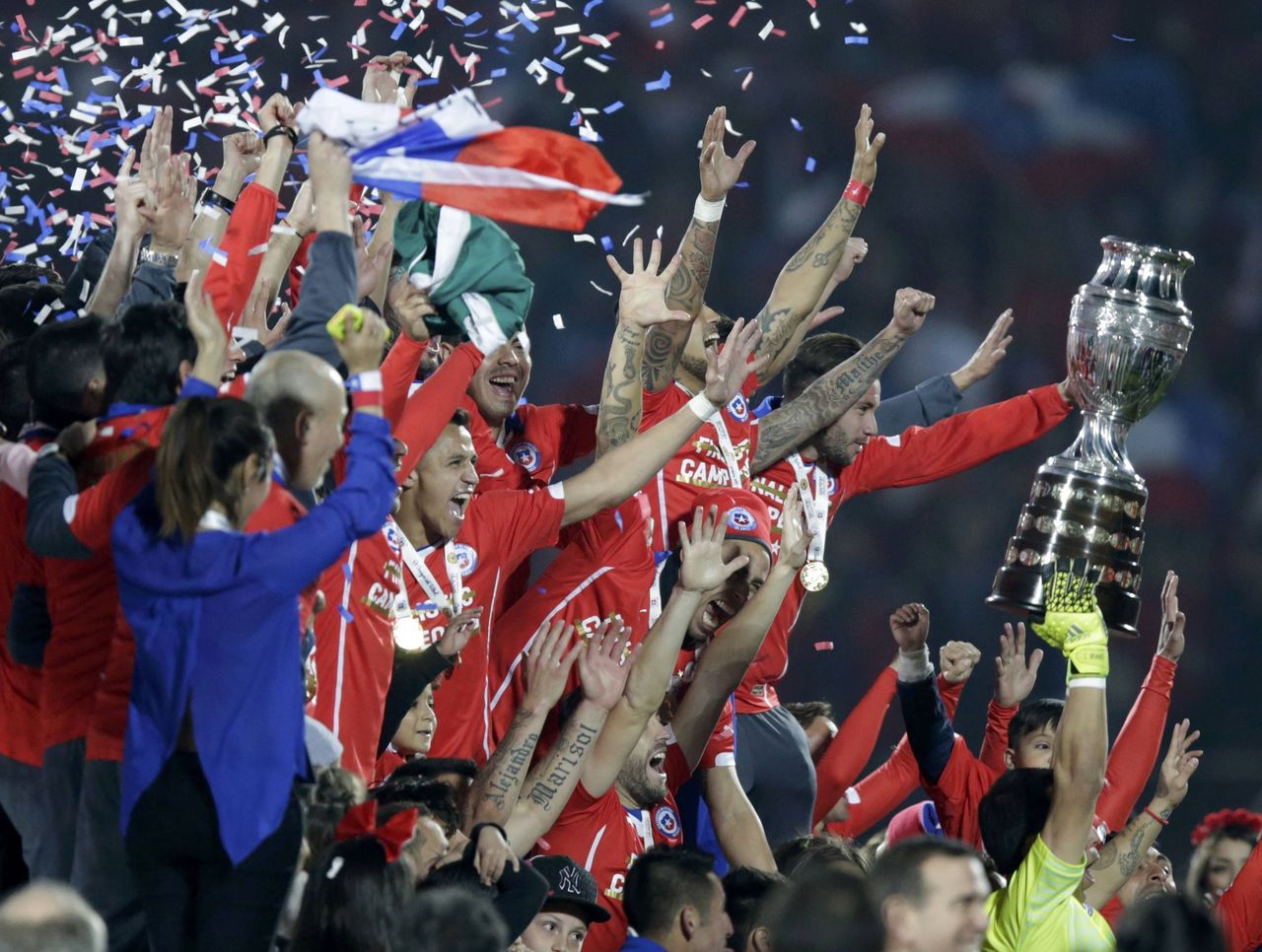
All the ingredients were there for Chile's national team to finally put a trophy in its cabinet, and La Roja didn't waste the opportunity.
A 99-year drought was ended in July, when Chile rendered a lifetime's worth of disappointment meaningless, defeating Argentina on penalty kicks in the Copa America final and sending a nation of more than 17 million people into ecstasy.
It nearly went horribly wrong for Chile, however. Against a backdrop of illicit electoral campaign financing, teachers on strike, and students protesting in the streets, La Roja's Copa America campaign looked set to implode once again when Arturo Vidal crashed his Ferrari and was subsequently charged with driving under the influence. Gonzalo Jara was then banned for the remainder of the competition after giving Edinson Cavani an unscheduled colonoscopy.
In the end, though, Chile overcame adversity.
When Vidal said three years ago that he was part of the best generation of Chilean players ever, he wasn't wrong, and it should be fascinating to see if the crop of footballers has one more World Cup cycle left.
The power of football can't be quantified
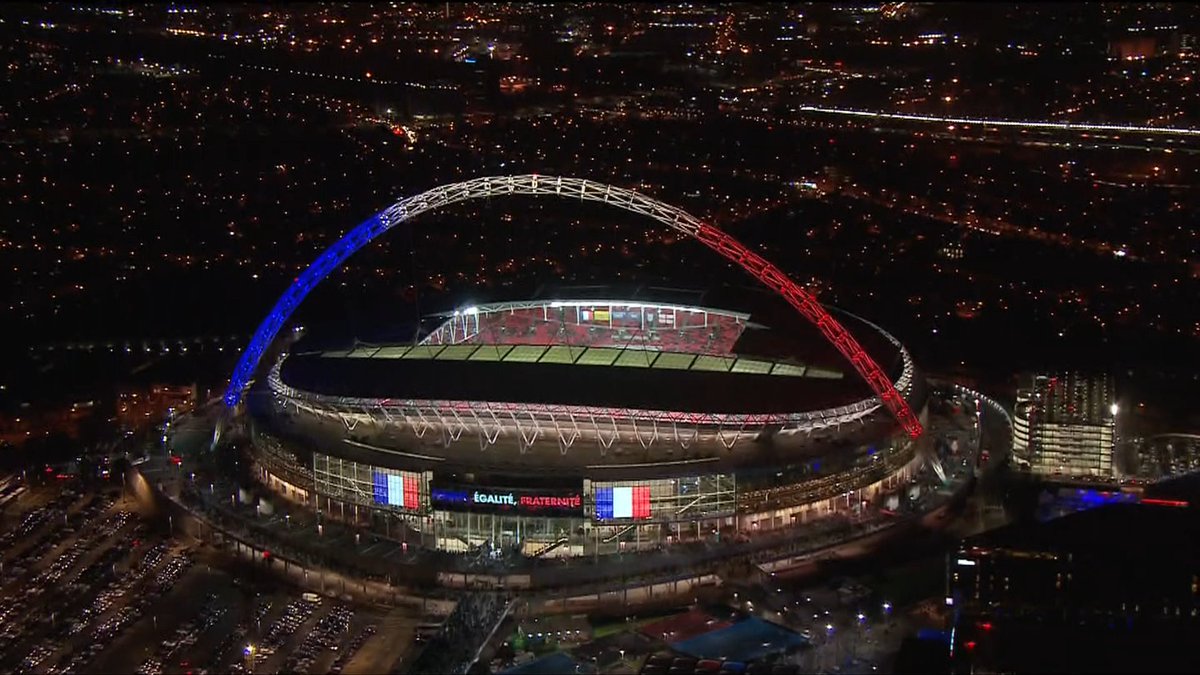
On Nov. 13, a day of tragic and horrifying violence in Paris, France was intertwined with football, as a friendly between France and Germany at the Stade de France was marred by bombings that killed several people outside the stadium.
The bombings were part of a series of chilling terrorist attacks that shook Paris, but football didn't stand by idly.
Four days later, in a friendly involving England and France at Wembley that was nearly called off and played amid tightened security, the power of football was on full display. The match programme paid tribute to the 130 people who were killed in the attacks, Wembley was lit up with the colours of the French flag, and those in attendance united for an emotional rendition of France's national anthem.
The fixture transcended football, and was arguably the sport's finest 90 minutes of the calendar year.
Jose Mourinho isn't perfect
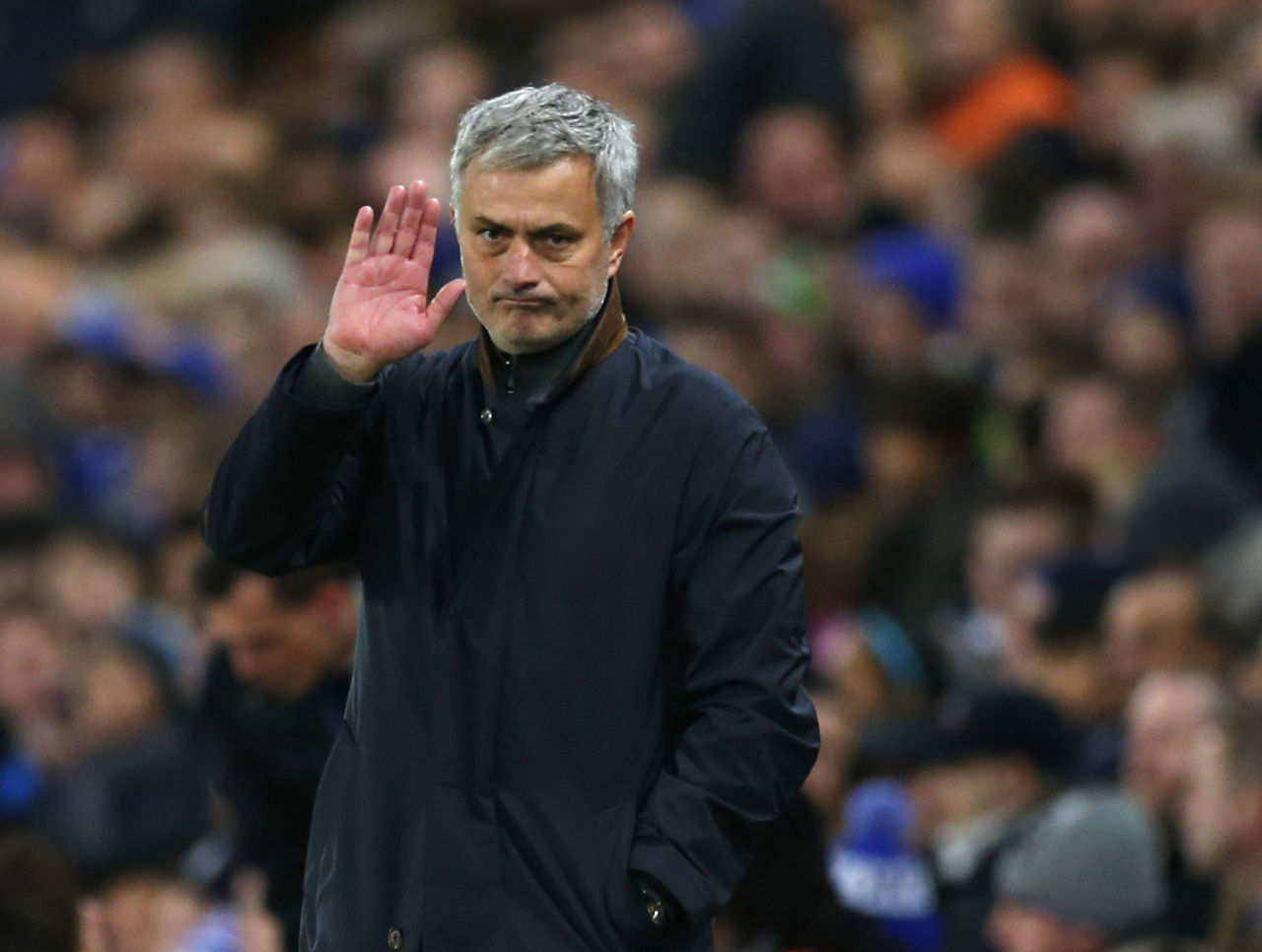
Entering the 2015-16 Premier League season, Chelsea was expected to once again find itself competing for the title. At best, the Blues would cruise to their second crown in two years. At worst, they would settle for a Champions League place.
Nobody could have foreseen what unfolded at Stamford Bridge between the months of August and December.
Following a sequence of results that left Chelsea floating above the relegation line with nine losses through the season's opening 16 matchdays, Jose Mourinho and Chelsea parted ways on Dec. 17. It was a scenario that seemed unfathomable given Mourinho's resume. As if he was an alchemist, any club he has touched throughout his career has seemed to turn into gold. He captured the 2003-04 Champions League title at Porto and won the Treble at Inter Milan in 2009-10.
Yet, for whatever reason, Mourinho was humanised at Chelsea this season, proving that even the planet's top managers can succumb to failure.
South American club football is nowhere near its European counterpart
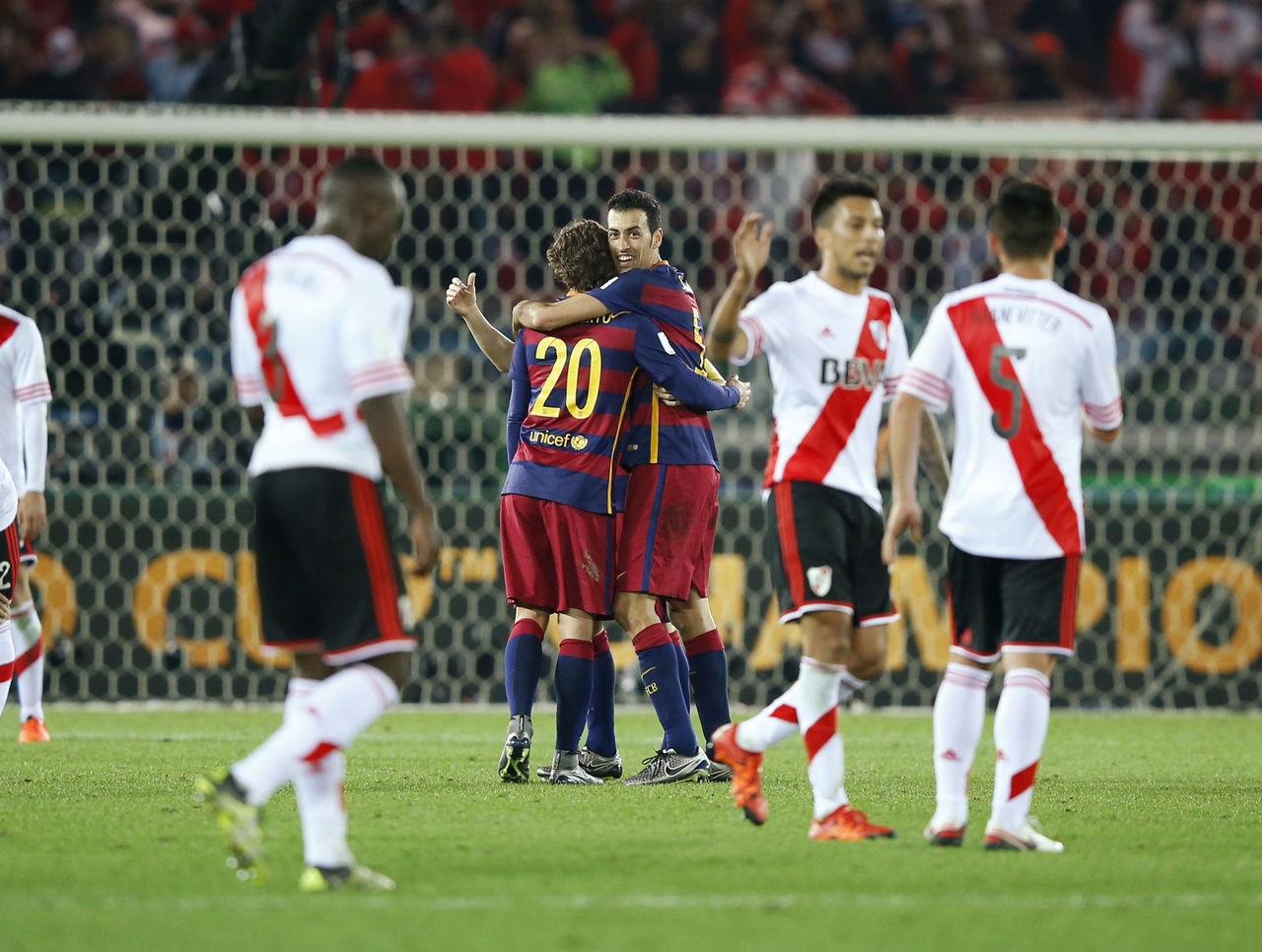
For the South American population, the Club World Cup is a measuring device; a chance to see where the continent's top club compares to money-grabbing giants like Barcelona, Real Madrid, and Bayern Munich. It's a David-versus-Goliath showdown where bragging rights are at stake.
Or so it used to be.
Tim Vickery of World Soccer explains:
From a South American point of view, the much prized and anticipated Club World Cup has become an annual horror show, a painful display of the contemporary limitations of once great clubs. The gap between Europe and South America has become a chasm, a process which has taken place since the turn of the century. The top European clubs have become stronger, accumulating talent from the four corners of the globe. The South American clubs, meanwhile, have sold so much of their talent that they have slipped alarmingly backwards.
One can only dream of a future where South American football catches up to what is taking place on the other side of the Atlantic Ocean.